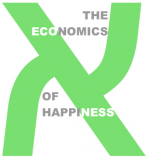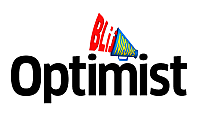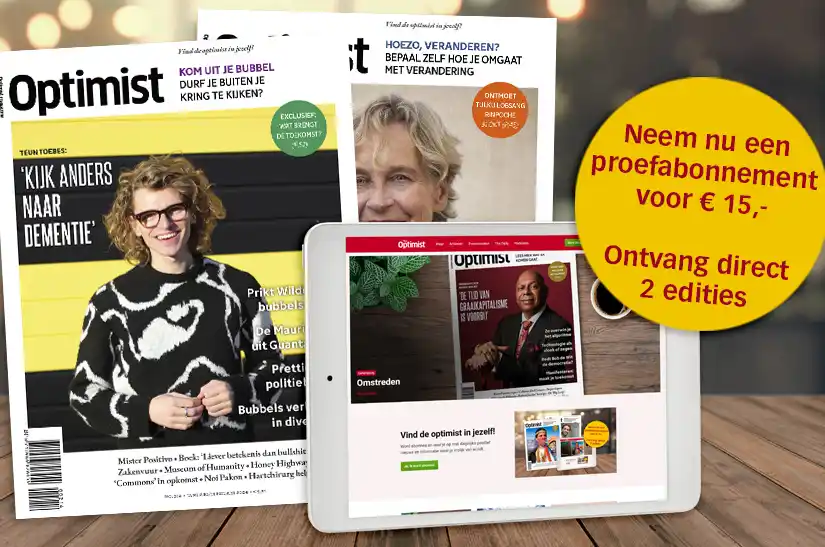 Bhutan, een minuscuul koninkrijkje in Azië, hanteert geen economisch model op basis van Bruto Binnenlands Product, want dat “leidt tot consumentisme”, zegt eerste minister Thinley. Het land werkt aan ontwikkeling op basis van “Bruto Binnenlands Geluk”. Dr. Ha Vinh To, is in Bhutan betrokken bij studies naar het bruto nationaal geluk. Van 10 tot 16 juli is in het EIAB in Duitsland de Wake Up zomerretraite ‘The economics of Happiness’ olv Dr. Ha Vinh To.
Bhutan, een minuscuul koninkrijkje in Azië, hanteert geen economisch model op basis van Bruto Binnenlands Product, want dat “leidt tot consumentisme”, zegt eerste minister Thinley. Het land werkt aan ontwikkeling op basis van “Bruto Binnenlands Geluk”. Dr. Ha Vinh To, is in Bhutan betrokken bij studies naar het bruto nationaal geluk. Van 10 tot 16 juli is in het EIAB in Duitsland de Wake Up zomerretraite ‘The economics of Happiness’ olv Dr. Ha Vinh To.
Het principe van het Bruto Nationaal Geluk werd gelanceerd door koning Wangchuck in 1972, toen hij een modernisering van Bhutan wilde starten. Hij wilde daarmee niet enkel materiële welvaart in kaart brengen, maar ook het spiritueel welzijn van de bevolking. Het model van Bhutan waarbij niet het bruto nationaal product maar het bruto nationaal geluk de maat is, gaat uit van een belans tussen spirituele en materiele welvaart, de behoeften van mensen naast die van de natuur.
Van 10 tot 16 juli is in het EIAB in Duitsland de Wake Up zomerretraite ‘The economics of Happiness’. De dharmaleraar die de retraite begeleidt, Dr. Ha Vinh To, is in Bhutan betrokken bij studies naar het bruto nationaal geluk. Van 10 tot 16 juli is in het EIAB in Duitsland de Wake Up zomerretraite ‘The economics of Happiness’. Aan de orde komen de negatieve aspecten van de economische groei in relatie tot de kwalen van deze tijd als hebzucht, angst, stress, eenzaamheid en depressie.
Uit de Engelse aankondiging op de website van het EIAB:
We will consider the connection between the negative aspects of economic growth and our own suffering and habit energies – desire, fear, stress, loneliness, depression – whilst also considering the potential for transformation. To help us we will take a look at the economic model offered by Bhutan, where political and socio-economic decisions are made on the basis of Gross National Happiness, thereby creating a balance between spiritual and material wealth, human needs and the needs of nature.
We will also have the opportunity to heighten our awareness of the spiritual, material and environmental dimensions of the economy, and to examine them in regard to our own lives. We will practice stopping, in order to become aware that in the present moment we already have more than enough conditions for our happiness, which we can then share with others.
Klik hier voor meer info

